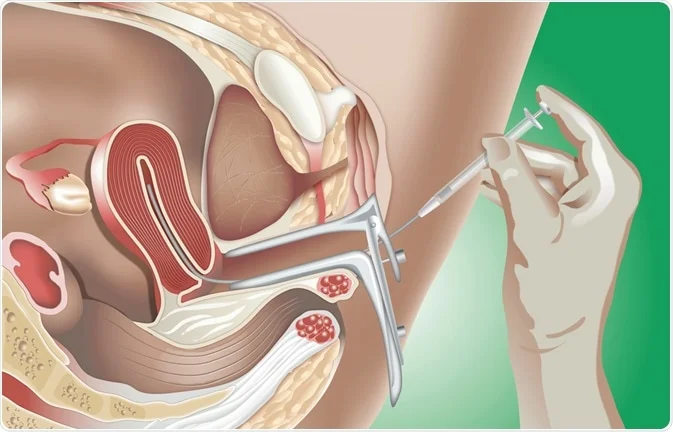Hey there! Let’s chat about how BMI (Body Mass Index) can impact fertility. A higher BMI can lead to hormonal imbalances, increased pregnancy risks, and the need for more medication during fertility treatments for women. For men, it can affect sperm count. Over the past few decades, the number of people who are overweight has skyrocketed, particularly in developed nations. This rise in obesity is often linked to serious health issues like heart diseases, hormone-related cancers, diabetes, osteoarthritis, and more.
What is BMI?
So, what exactly is BMI? It’s a way to assess body weight relative to height. You calculate it by dividing your weight in kilograms by your height in centimeters squared (kg/cm²). A BMI between 26 and 29 kg/cm² indicates that someone is overweight, while a BMI of 30 kg/cm² or higher classifies as obesity. Notably, fat accumulated in the abdominal region—especially around internal organs—poses greater health risks. To get a clearer picture, other methods of assessment, such as measuring waist circumference, are also useful, but BMI still serves as a solid indicator of potential health issues.
The Role of Fatty Tissue
Fatty tissue isn’t just about storing energy; it acts like an organ system that produces hormones too. It releases adipokines, which are signaling molecules that play various roles in our bodies. Some important hormones include leptin and adiponectin, which help regulate energy balance and inflammation. Interestingly, fatty tissue also releases messenger substances linked to the immune system, impacting how our bodies function overall.
For women, having a higher fat percentage is natural, which increases over time and even allows for estrogen production post-menopause. However, excess fat can disrupt hormone production. For instance, when women are overweight, the fat can produce too much estrogen, interfering with the hormonal cycles necessary for ovulation and causing issues with egg maturation.
Sugar Metabolism and Insulin Resistance
Adipose tissue is crucial for regulating blood sugar levels. Insulin and glucagon from the pancreas work alongside hormones from our fat and adrenal glands to keep sugar levels stable. However, obesity can lead to insulin resistance, where the body doesn’t respond effectively to insulin. This can result in higher sugar and insulin levels in the blood, disrupting the maturation of eggs in the ovaries, leading to irregular cycles and reducing the chances of spontaneous pregnancies. Interestingly, women who are not obese can also experience fertility problems related to insulin resistance, though usually to a lesser extent.
Taking Action
To address these issues, focusing on weight management can help restore hormonal balance and improve fertility. It’s important to understand that achieving and maintaining a healthy BMI involves more than just diet; it requires lifestyle changes, including increased physical activity and better eating habits. Opting for healthy fats and a balanced intake of proteins and carbohydrates can make a significant difference in weight loss and overall health. Regular exercise, like jogging or swimming, should be part of everyday life, and managing insulin resistance can often be achieved through these lifestyle modifications.
For those looking for guidance on nutrition related to fertility, check out some expert advice from our dietitian, Sarah Green, who specializes in pre-conception nutrition and weight management. If you’re interested in ways to improve your fertility, you might also find this blog post about expected arrivals helpful, as well as resources from Make A Mom, which provides valuable insights on home insemination kits. For more detailed information about IVF and other fertility treatments, the NHS offers excellent resources you can explore.
Summary
Understanding the relationship between BMI and fertility is essential for those looking to conceive. Managing weight through diet and exercise can help balance hormones, improve insulin sensitivity, and increase the likelihood of a successful pregnancy. There are many resources available to support you on your fertility journey.

